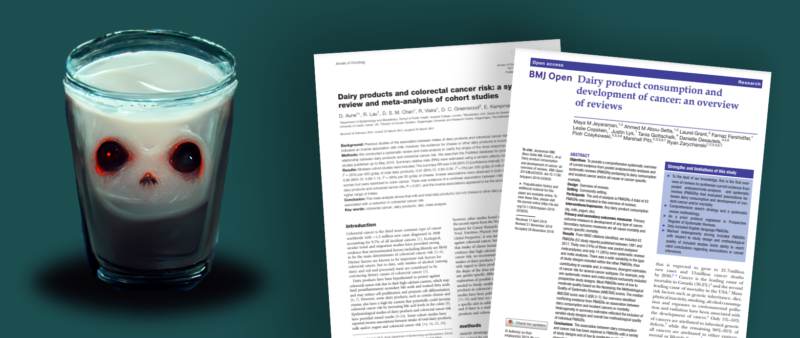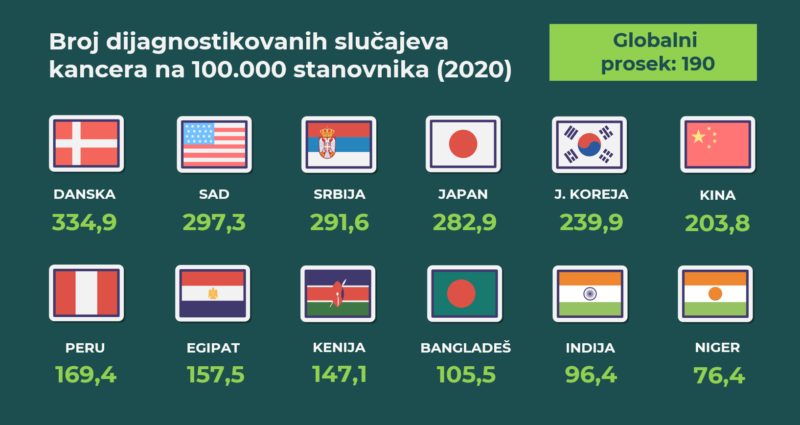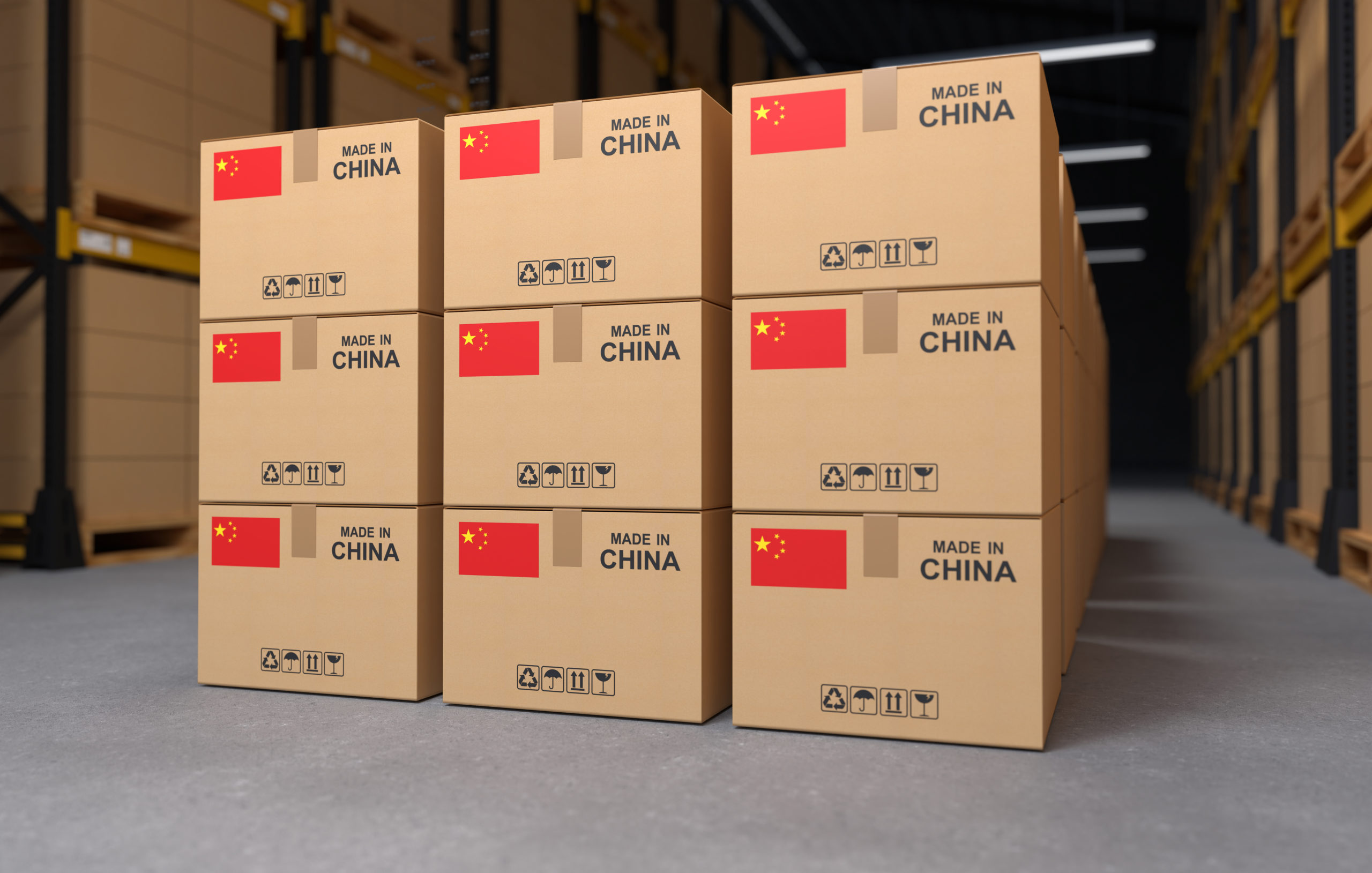Original article (in Serbian) was published on 26/07/2022
Some pages dedicated to health recently shared the text published by Kurir Stil back in 2016. Title – The Chinese do not suffer from cancer: This woman applied their method and beat the disease! This same text was reported by B92 and Web Tribune in 2016, and by Espreso in 2019.
The topic that was written about six years ago has been revived thanks to social networks: the Facebook page Prirodna medicina, as well as the web page Info portal, Lekoviti portal and Vrata zdravlja YouTube channel (where the video on the topic has over 80,000 views).
The text is about the British woman Jane Plant who – as it is stated – managed to beat cancer by eliminating dairy products from her diet. She decided to take this step because she and her husband came to the conclusion that the Chinese do not have cancer because they do not use dairy products. Five comments should be added to that inspiring story, however.
1. Jane Plant is no longer alive
Although Jane Plant’s story is presented in the mentioned pages in the present, she is no longer alive: Jane Plant died on March 4, 2016, from a blood clot after chemotherapy, at the age of 71.
2. Jane Plant was not a medical expert
Jane Plant was a geologist, while in the field of medicine she was a layman. She did write a book about her experience with cancer, in which she presented a theory about the connection between dairy products and breast cancer, a book that became popular – but whose leading theory has not (yet) been fully scientifically confirmed. More on that below.
3. Jane Plant did not give up conventional medicine
It is important to note that Plant did not give up conventional methods of cancer treatment: at various times, she relied on mastectomy, chemotherapy, radiotherapy and ovarian radiation to induce menopause, according to a text from 2014. So, in addition to these methods, she additionally used an adjusted diet without dairy products.
4. The connection between cancer and the use of dairy products is still being investigated
When it comes to research and knowledge about the connection between cancer and dairy products, there is still no exact and unequivocal answer to the question of whether dairy products cause or promote cancer.

A 2018 study pooled available data from 42 analyses of the link between dairy products and cancer and showed mixed findings. Let’s take prostate cancer for example: 13 analyzes indicate a statistically insignificant connection between the consumption of dairy products and the occurrence of this cancer, another 13 analyzes indicate an increased risk of prostate cancer due to the consumption of dairy products, and two analyzes indicate a reduced risk due to the consumption of milk and cheese.
When it comes to breast cancer, to which Jane Plant’s book is dedicated, eight out of 13 analyzes showed a statistically insignificant connection between the consumption of dairy products and the occurrence of this type of cancer, three showed a reduced risk, and two showed an increased risk.
Let’s also mention the study from 2012, which showed that calcium from milk could have a protective effect in the case of colon cancer. The results show it is not without significance whether the dairy products are fermented or not, as well as whether they are full-fat. The potential cause-and-effect relationship between the consumption of dairy products and cancer occurrence is still insufficiently researched for science to draw definitive conclusions such as what our media have reported.
On the website of Cancer Research UK, an organization that deals with cancer research, it is stated that better and more comprehensive research is needed on the impact of milk, as well as that it should not be forgotten that the consumption of some dairy products has beneficial effects on health.
5. The Chinese suffer from cancer
Finally, we should refer to the claim from the title of the texts about Jane Plant that the Chinese do not suffer from cancer. This is not true: China is ranked 62nd on the World Cancer Research Fund International list, with 203.8 cases per 100,000 inhabitants. On the other hand, when it comes to cancer mortality, China ranks a high 12th, with 129 cases per 100,000 inhabitants. Both of these numbers are above the world average.

Also, in recent years, the number of diagnosed cases has increased in China. According to a 2020 study, almost every fourth newly diagnosed case of cancer in the world is recorded in China, and 30% of all cancer-related deaths occur in China.
This year, in 2022, a study was published that covered half a million people and a period of 11 years. The researchers concluded: “In Chinese adults, higher intake of dairy products was associated with higher risks of liver cancer, lymphoma, and breast cancer in women. Our study was the first and largest Chinese prospective cohort study to show positive associations between dairy intake and the risk of several specific cancers in China, where the level of dairy consumption is low but increasing”. But, again, it is important to pay attention to the limitations of this study, as well as to the fact that the difference in milk consumption between Western countries and China is due to the fact that a large number of Chinese do not have the enzyme to digest dairy products.
Huaidong Du, one of the authors of this study, states: “While our results suggest that there may be a direct link between regular consumption of dairy products and certain cancers, it is important to be aware that dairy products are a source of protein, vitamins, and minerals. It would be unwise to reduce dairy consumption based solely on the results of the current study or without ensuring adequate intake of protein, vitamins, and minerals from other sources”.



